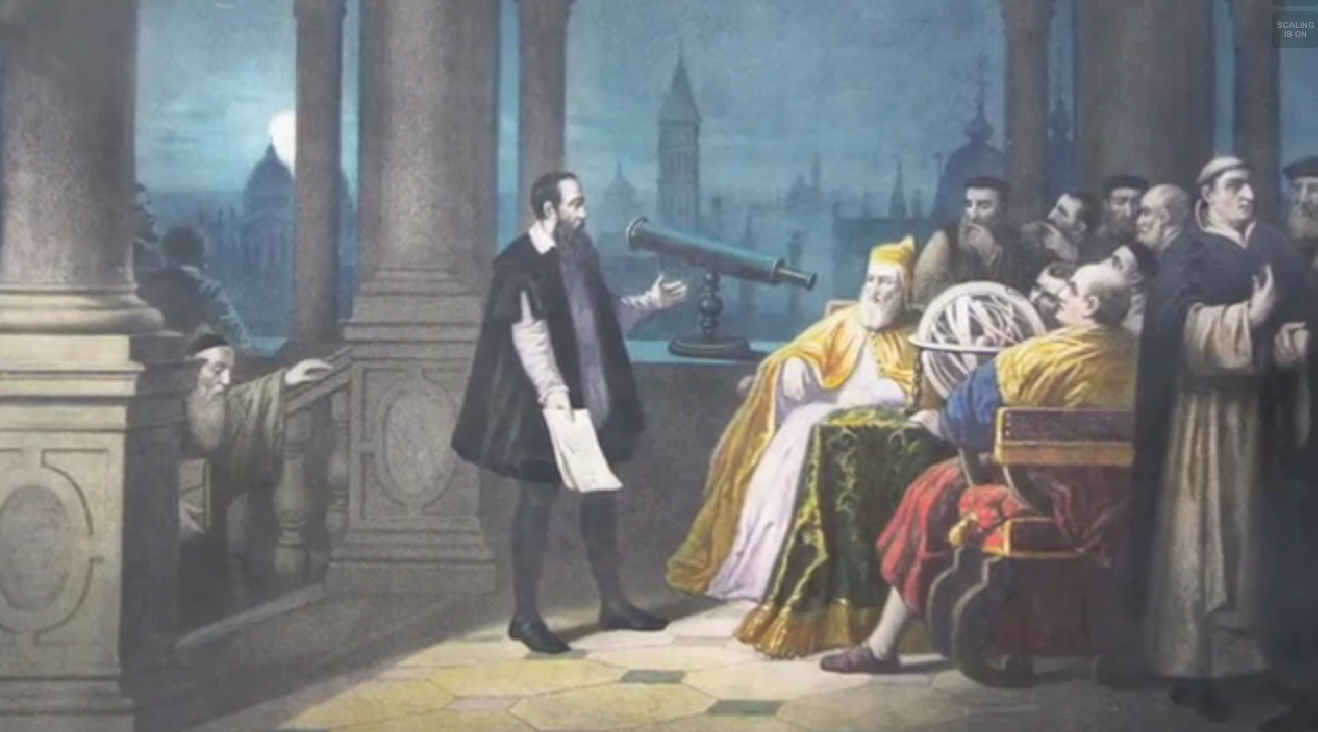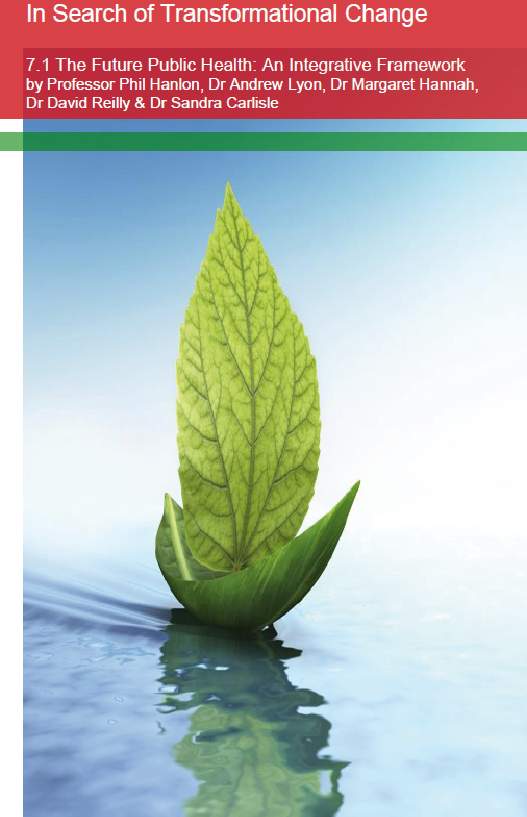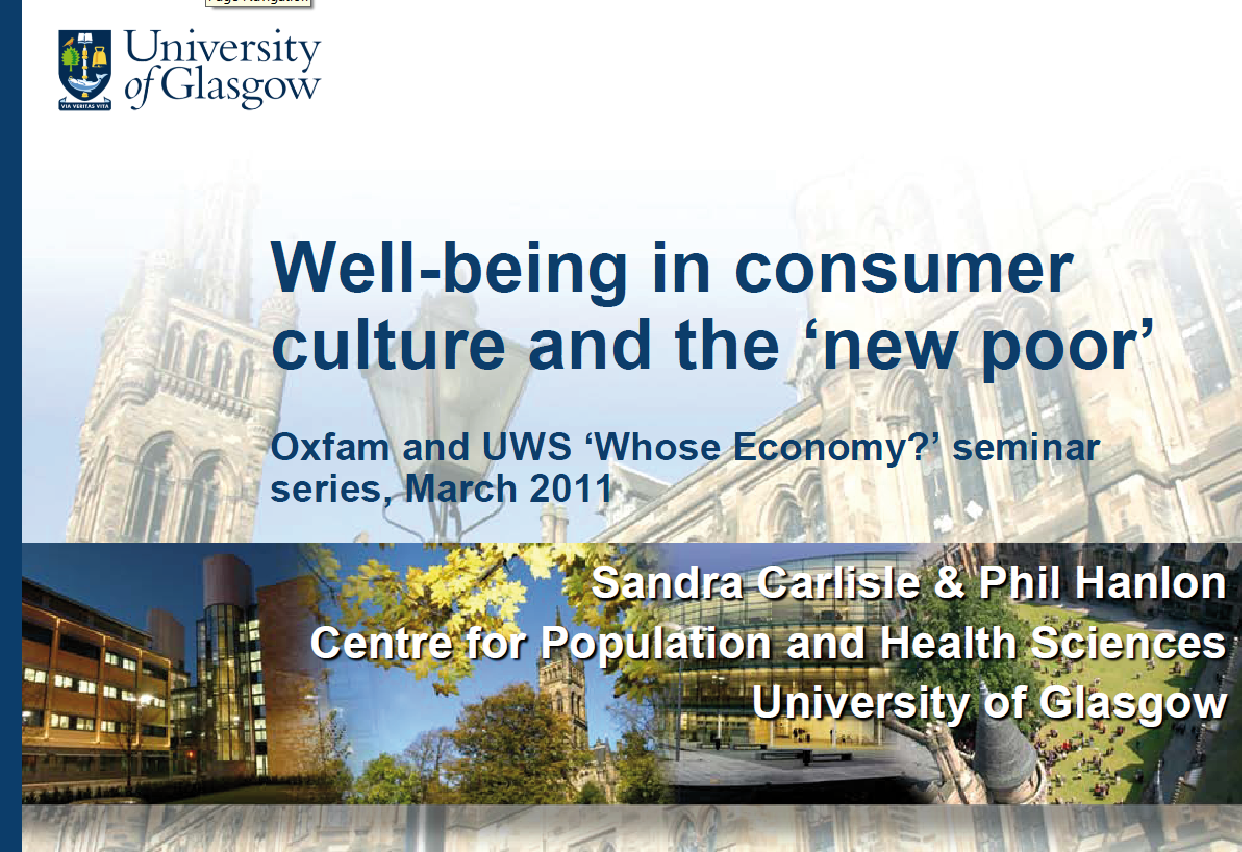Dear Aubrey
Thank you for your tenacity and intelligence in the continuing endeavour.
I would like to add my name in support of GCI's C&C Proposal to the UNFCCC.
All best wishes,
Phil
Phil Hanlon
Professor of Public Health
University of Glasgow
In this video Professor Phil Hanlon suggest that if we are to transcend the problems of modernity we will have to understand why we are in our current predicament. To do so, he explores Plato’s idea that human beings naturally integrate the true (science), the good (ethics) and the beautiful (aesthetics or art). We still do this in our own private lives but modernity has allowed a perverted version of one of the three (a reductionist and numerically driven version of science) to eclipse the other two in spheres like government and organisational life. The result is scientism and economism. If we are to achieve transformational change, we will have to learn how to reintegrate the good, the true and the beautiful. To that end he links to C&C and proposes a new six component framework which captures not just current science, ethics and aesthetics but also accommodates the emergent dimension of each domain.
Philip Hanlon
AfterNow - A wonderful site about Transformational Change
More recently, awareness of the threat of global ecological hazards to human health has seen the emergence of ‘ecological’ forms of public health. A number of different approaches to this topic can be discerned within our discipline (Hanlon and Carlisle 2010). Some, for example, have applied a very traditional scientific model to particular issues that will arise from a given rise in global temperature. Consider, for example, the challenge of ‘contraction and convergence’ (Meyer 2000). This is a concept that has been developed in response to global warming and other environmental threats. The idea is simple. The world needs a contraction in output of carbon dioxide but for all to buy into such an agreement it must be transparently just: hence the need for convergence. Less developed nations must be allowed to develop, which may mean increased carbon utilization, whilst industrialized and post industrial nations must make substantial reductions. However, an ethical framework which ensures global justice and equity while safeguarding the rights of individuals has yet to emerge. This will be a key challenge if the world is not to face runaway climate change and collapse.
In Search of Transformational Change.
The Future Public Health: An Integrative Framework
Prof Phil Hanlon, Dr Andrew Lyon, Dr Margaret Hannah,
Dr David Reilly, Dr Sandra Carlisle
There are also other ideas and models that can help us think differently and challenge conventional thinking. Perhaps one of the most significant is the concept of "contraction and convergence‟ developed by Aubrey Meyer of the Global Commons Institute, in response to the threat of runaway climate change (Meyer 2000). Meyer notes that the whole world needs a contraction in the production of carbon dioxide - an output of increased industrialisation and economic growth. Rich and poor nations must eventually converge in their carbon production, to avoid catastrophe. Less developed nations must be allowed to develop – so their carbon use goes up - whilst industrialized and post industrial nations must make substantial reductions.
OXFAM Briefing - Well-being in consumer culture and the New Poor
Sandra Carlisle and Philip Hanlon
Contraction and convergence It has been calculated that a world of more than nine billion people will require an 80 to 90% reduction in carbon use by rich countries and drastic reductions in many other forms of consumption, to avoid worsening of existing problems. If sustainability and global equity is to be a goal, we will have to achieve ‘contraction’ in the richer world and 'convergence' with the poorer world. The phrase 'contraction and convergence' has primarily been used as a response to the threat of runaway climate change (Meyer 2000), and is one with which public health practitioners need to be familiar. Meyer's argument is that the whole world needs a contraction In the production of atmospheric carbon dioxide, which is an output of increased industrialization and economic growth. Rich and poor nations must eventually converge in their carbon production to avoid nothing less than a climate catastrophe. Less developed nations must be allowed to develop - so their carbon use goes up - while Industrialized and post Industrial nations must make substantial reductions (Meyer 2000). Failure to contract and converge will have health consequences that may be hard to predict but will probably include the loss of agricultural land, severe storms and flooding, forest fires, hunger and forced economic migration, and so on. Contraction and convergence is of course another form of redistribution on a global scale, and the concept can apply to other resources and not just the carbon that affluent societies depend on.
The Future Public Health
Phil Hanlon, Sandra Carlisle, Margaret Hannah, Andrew Lyon
Follow @aubreygci Tweet
Back to UNFCCC Submission Back to Signatory List






